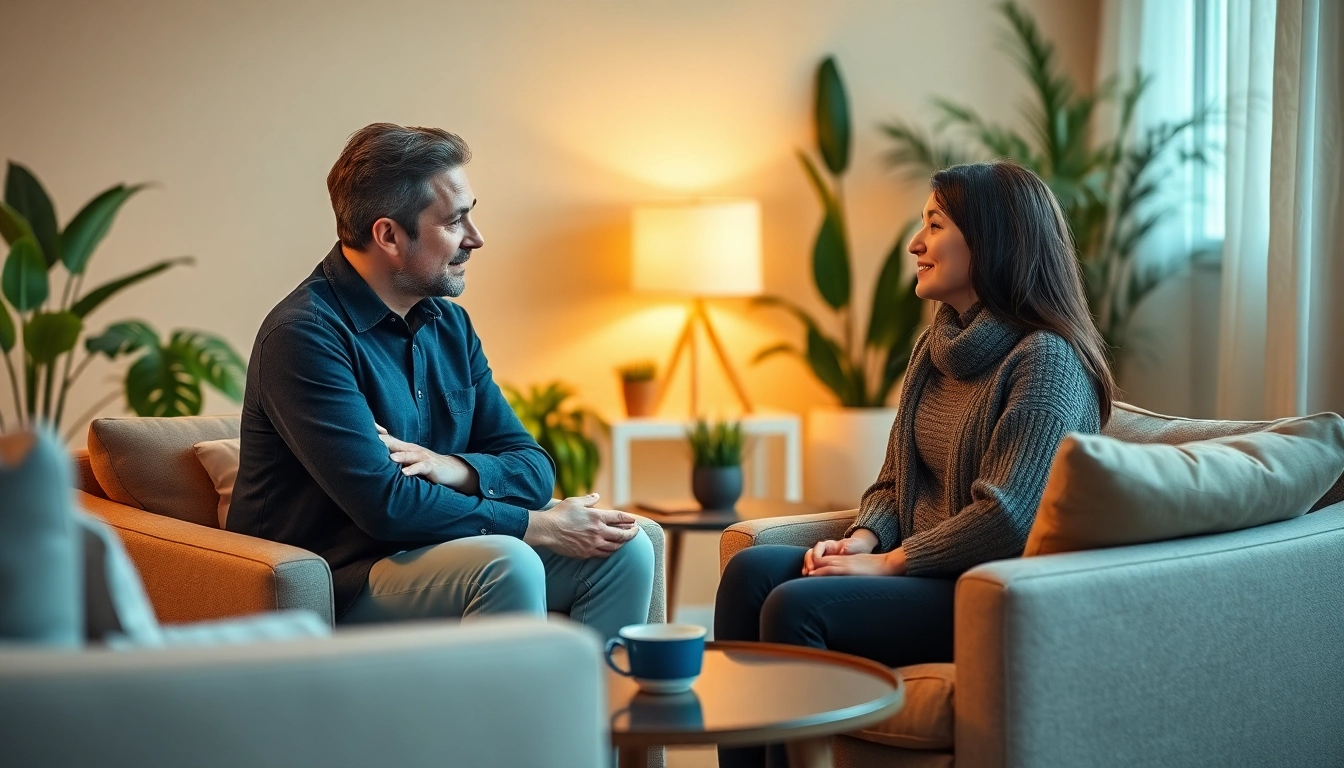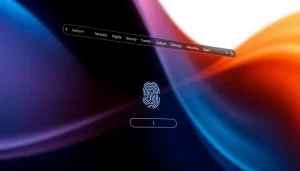Understanding the Role of an Attachment Theory Specialist in Emotional Healing
Introduction to Attachment Theory
Attachment theory, developed by John Bowlby and Mary Ainsworth, provides profound insights into how early relationships with caregivers influence our emotional development and interpersonal relationships throughout life. Understanding these dynamics is crucial for personal growth, fostering healthy relationships, and for those seeking healing from past traumas. Engaging with an attachment theory specialist can facilitate this understanding and provide valuable support.
What is Attachment Theory?
Attachment theory posits that the bonds formed between infants and their primary caregivers are foundational to their social, emotional, and cognitive development. Bowlby’s initial work suggested that the nature of these early attachments—whether secure or insecure—shapes how individuals relate to others later in life. Ainsworth furthered this understanding by creating the “Strange Situation” procedure, identifying different attachment styles based on children’s reactions when separated and reunited with their caregivers.
Importance of an Attachment Theory Specialist
An attachment theory specialist can help individuals and families recognize attachment styles, understand how these patterns impact their relationships, and address potential issues stemming from insecure attachments. By facilitating awareness and providing strategies for developing healthier connections, these specialists play a critical role in emotional healing and relationship enhancement.
Common Misconceptions about Attachment Theory
Despite its profundity, attachment theory is often misunderstood. Many believe it applies solely to childhood experiences or that attachment styles are fixed and unchangeable. In reality, while early experiences shape attachment styles, they can evolve through various interventions, including therapy with an attachment theory specialist. Furthermore, attachment theory encompasses more than just romantic relationships; it also applies to friendships, family dynamics, and even workplace interactions.
Types of Attachment Styles
The Four Main Attachment Styles
Attachment styles can be categorized primarily into four types:
- Secure Attachment: Characterized by healthy, stable relationships where individuals feel comfortable with intimacy and autonomy.
- Avoidant Attachment: Marked by a reluctance to rely on others and a preference for emotional distance, often leading to difficulties in intimate relationships.
- Ambivalent/Anxious Attachment: Individuals may exhibit clinginess and a fear of abandonment, reflecting uncertainty in their relationships.
- Disorganized Attachment: This style often arises from trauma or inconsistency in caregiving and can manifest as confusion or contradictory behaviors in relationships.
How Attachment Styles Impact Relationships
Understanding one’s attachment style is crucial for relationship dynamics. Securely attached individuals tend to communicate effectively and manage conflicts well, fostering strong, positive relationships. In contrast, those with avoidant or anxious attachments may struggle with trust and intimacy, leading to patterns of conflict or emotional withdrawal. Recognizing these patterns enables individuals to work towards healthier relational behaviors with guidance from an attachment theory specialist.
Identifying Your Attachment Style
Identifying your attachment style can involve self-reflection and self-assessment tools, often utilized by an attachment theory specialist. Questions about your relationship patterns, emotional responses during conflicts, and feelings toward intimacy can illuminate your attachment style. Engaging in therapy can further aid this identification, allowing for deeper exploration into how these patterns developed and how they can be transformed.
Benefits of Working with an Attachment Theory Specialist
Personal Growth and Emotional Awareness
Working with an attachment theory specialist fosters personal growth by enhancing emotional awareness. Clients learn to recognize their emotional responses and understand how their attachment histories affect current feelings and behavior. This awareness is the first step towards emotional regulation and personal development, as individuals are empowered to confront and change maladaptive patterns.
Improving Relationships and Communication
Therapy with an attachment theory specialist often leads to improved communication in relationships. Clients learn healthier ways to express their needs and feelings, facilitating more effective interactions with loved ones. Such improvements not only reduce misunderstandings and conflicts but also deepen emotional connections, resulting in overall relationship satisfaction.
Creating Secure Attachments
One of the long-term goals of working with an attachment theory specialist is to help individuals cultivate secure attachments. Through therapeutic techniques that promote emotional safety, clients can learn how to engage in relationships that are more fulfilling and secure. This growth not only impacts interpersonal relationships but also contributes to a healthier self-concept and emotional resilience.
How to Choose the Right Attachment Theory Specialist
Qualifications and Experience
When seeking an attachment theory specialist, consider their qualifications and experience. Look for professionals with relevant degrees in psychology or counseling and specialized training in attachment theory. Experience working with various attachment styles and diverse populations can also indicate a specialist’s ability to address your unique needs effectively.
Questions to Ask During Your Initial Consultation
Your initial consultation is a critical step in determining whether a specialist is the right fit for you. Prepare questions that explore their approach to therapy, familiarity with attachment theory, and previous success stories with clients who have similar backgrounds or challenges. Understanding their methods and philosophy will help you gauge compatibility.
Evaluating Compatibility and Approach
Compatibility with your therapist is essential for successful intervention. During sessions, observe how you feel and communicate with the specialist. Do they validate your feelings? Are they adaptable in their techniques? A good fit promotes open communication and trust, creating a conducive environment for healing and growth.
Conclusion
Long-term Benefits of Therapy with an Attachment Theory Specialist
Engaging with an attachment theory specialist lays the groundwork for long-term emotional health. The insights gained about oneself and one’s relational patterns can lead to lasting improvements in personal well-being and relationships. By fostering secure attachments and enhancing emotional intelligence, individuals can navigate life’s challenges more effectively.
Continuing Your Journey
The journey does not end with therapy. Continuing to apply what you learn in therapy, seeking further education about attachment theory, and practicing new behaviors in relationships are vital for sustained growth. Utilizing integration practices, such as mindfulness and communication skills, can deepen the benefits achieved through therapy.
Resources for Further Learning
For those interested in expanding their understanding of attachment theory and its applications, several resources are available. Books, online courses, and workshops can provide further education and deepen insights into emotional health and relationships. Engaging with communities—such as support groups or online forums—can also enhance learning and provide additional perspectives on healing and attachment.













Post Comment